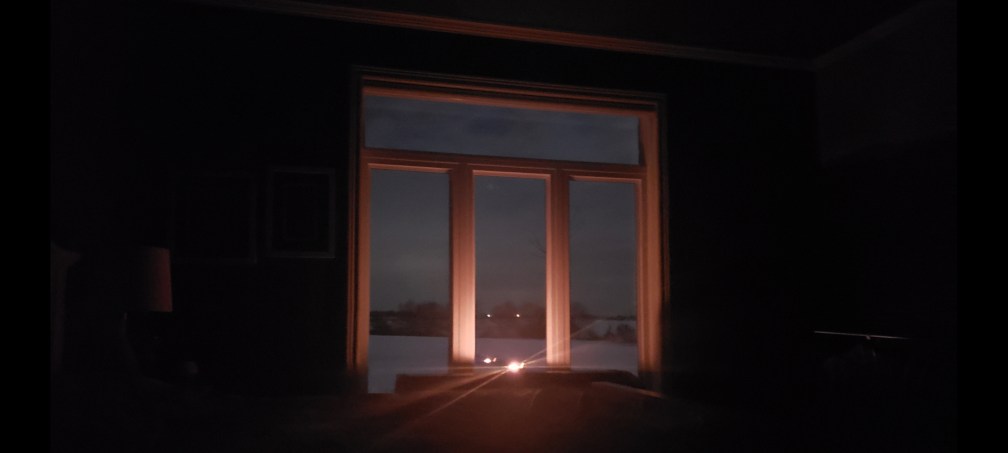This afternoon, the voice in my head chimed in with “Bruce, why don’t you write about ‘expanse’ today?”
“O…kay. Sure, I’ll do that,” I replied, without being clear about my future key-tapping.
How about a definition for starters? An uninterrupted space or area, a wide extent of anything, something that is spread out
***
My mind gives me hints of where my heart lies. Sitting here now, there’s something soft happening inside, and a sense that my muscles, organs and bones are separating, creating space between them. The breeze is flowing through.
The miracle of light pours over the green and brown expanse of sawgrass and of water, shining and slowly moving, the grass and water that is the meaning and the central fact of the Everglades. It is a river of grass.
Marjory Stoneman Douglas
There’s an outward flow, an ever-expanding circle around me. It rolls over things, covering them in kisses, and blessing them.
Growing up on a farm was the best. I remember loving that expanse of space. The sky at night was so clear, I could see every star.
Abbie Cornish
There’s a liquid feeling, a sloshing about, a rhythm that moves deep inside but also moistens the universe. It’s a pulsing: lulling me into sleep, leaving me embraced by the infinite.
Aside from what it teaches you, there is simply the indescribable degree of peace that can be achieved on a sailing vessel at sea. I guess a combination of hard work and the seemingly infinite expanse of the sea – the profound solitude – that does it for me.
Billy Campbell
The spreading out seems unstoppable. No virus, no contraction of man, no boundaries of country or religion, can prevent it from seeking wonders over the horizon.
Surely there is grandeur in knowing that in the realm of thought, at least, you are without a chain; that you have the right to explore all heights and depth; that there are no walls nor fences, nor prohibited places, nor sacred corners in all the vast expanse of thought.
Robert Green Ingersoll
Details of form and movement are still present, and people are thoroughly themselves, but there is a blending, a gentle erasing of lines, with the light shining on all the curves.
There are few sights more pleasant to the eye than a wide cotton field when it is in bloom. It presents an appearance of purity, like an immaculate expanse of light, new-fallen snow.
Solomon Northup
***
Marjory, Abbie, Billy, Robert, Solomon and me … and you

 “Freedom From Fear”
“Freedom From Fear”